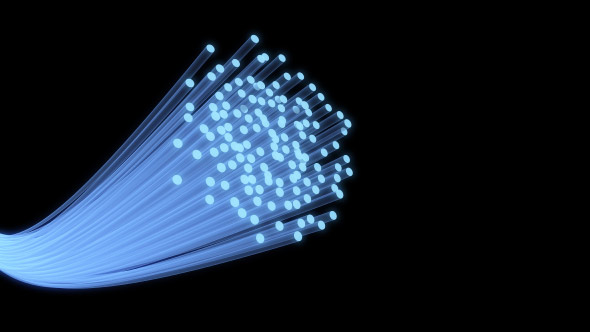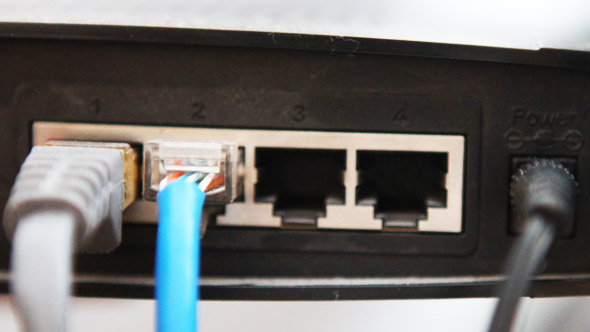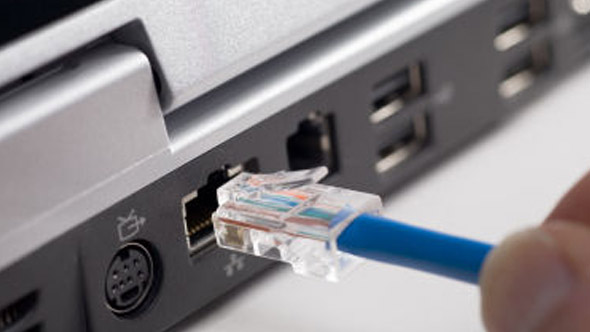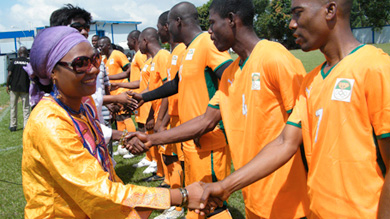ICT and Telecom Sector in Côte d’Ivoire: Analysis of Telecom and ICT Sector
Today it is West Africa’s third largest Internet market after Nigeria and Ghana. It also has a mobile phone penetration rate of 70%—one of the highest in sub-Saharan Africa.

ICT and Telecom Sector in Côte d’Ivoire: Analysis of Telecom and ICT Sector
Today it is West Africa’s third largest Internet market after Nigeria and Ghana. It also has a mobile phone penetration rate of 70%—one of the highest in sub-Saharan Africa.
Despite the political instability and civil unrest experienced between 1999 and 2011, Côte d’Ivoire’s ICT (Information and Communications Technology) sector has continually grown and proved profitable. Côte d’Ivoire was one of the first countries in sub-Saharan Africa to gain full Internet access. Today it is West Africa’s third largest Internet market after Nigeria and Ghana. It also has a mobile phone penetration rate of 70%—one of the highest in sub-Saharan Africa.
The ICT market is presently dominated by mobile telephony. There are seven mobile operators in Côte d’Ivoire with important international operators behind each of them. South Africa’s MTN and France’s Telecom-owned Orange lead the market. They were joined in 2006-07 by the UAE’S Etisalat-owned Moov, and the Lebanese Comium Group-owned KoZ. Libya’s LapGreen-owned Oricel (since re-branded as Green Network or GreenN was launched in 2008. Additionally, Ward Telecom of UAE, and Globalcom have been awarded licenses.
According to Bruno Nabagne Kone, Minister of Posts and ICT, there has probably never been a better time to invest in ICT in Côte d’Ivoire, for the following reasons:
-
Côte d’Ivoire has always been a profitable ICT market for the companies that entered it;
-
Now that the period of instability is over, the entire economy is expected to grow at higher rates than ever;
-
In terms of liberalization, the ICT sector is fully liberalized. There are no public operators, and the government is only a minority shareholder in the former traditional operator;
-
Several undersea cables are in the process of arriving at Côte d’Ivoire, making excellent Internet connectivity with the rest of the world within reach and greatly expanding the market in computers, telephony, education, and networking;
-
Côte d’Ivoire has had great success in implementing the GSM system, and compared to other African countries, it is on the high average;
-
Côte d’Ivoire has always been focused on attracting foreign investment;
-
Côte d’Ivoire has set a national goal of becoming a knowledge based economy within ten years;
-
Côte d’Ivoire’s Free Trade Zone at Grand Bassam has been dedicated to the investment in the telecommunications industry, and is actively looking for investors and industries in the installation, construction, equipment, and peripheral devices dedicated to telecommunications.

Of course, government ministers always make a great pitch to investors promising fantastic profitability. But Michel Hebert, CEO of Comium (Koz), insists that it is for real in Côte d’Ivoire:
“I feel that there can be a good return on investment, around 20% and 30%, which sounds laughable for this kind of country and economy but we ourselves are experienced something close to that…. Upon reaching our fourth anniversary, I can say that we have had terrific growth since our launch. We now have over 1.6 million subscribers and are still growing at a rate of 10% or 15% each year.”
Hebert goes on to explain how this is not only possible but to be expected in Côte d’Ivoire’s telecommunications market. The reason, he says,
“is actually very simple. Right now, we have more demand than supply, more customers wanting our SIM cards than what we can give them. Our network has expanded, but there is still work to do. Today, we only cover 50% of the population, and from our calculations, if we can cover 70% or 80%, we can easily and quickly grow in market share. This huge demand that we get everyday can be very attractive to investors.”
Hebert also points out that some of the facts of the market are, while true and accurate, are actually deceptive. For example, the fact that mobile telephone penetration has already reached 70% of the market seems to indicate that further growth is limited.
But according to Hebert the exact opposite is the case:
Although it may seem like a high percentage, it’s actually quite low. Most subscribers have two or three phones, or one or two phones with two or three SIM cards that they switch between depending on who has the best offer. In reality, the number of people who have a mobile phone is most likely around 30% or 40%. This means that the market is not oversaturated and there is space for growth. Some other African countries have a higher penetration rate than us and are still growing, like Gabon, which has over 100% penetration rate. Smart phones are becoming especially popular.
Finally, as Hebert points out,
“It would be wrong to think that these kinds of phones are only for rich people in rich countries. Here, we see a lot of Blackberry’s and iPhone’s, not to mention iPad’s, which are taking off as well. New technologies attract a lot of people in the country. People are hungry for them.”
Louis Diakite, President of Alink Telecom, agrees. The mobile phone market, he says, “has a potential for 20% growth per annum in all western African countries.”
But, he adds, this is especially true for Côte d’Ivoire, for the simple reason that, as he says,
“Côte d’Ivoire is the engine of growth in the region such as Germany and France for Europe. If the country is to reconcile its internal issues the economic growth that would follow will be phenomenal.”
Challenges
Furthermore, Côte d’Ivoire is the No.1 country for the Internet fraud.
Unregulated Market
Nonetheless, Côte d’Ivoire telecom sector has many challenges. The presence of 5 telecom operators and 7 awarded licenses on the market is a sign of absence of regulations.
However, the ATCI – telecom and ICT regulating body is tackling the issue, as Arthur Aloco, General Director of the ATCI explains:
“The telecommunication sector in Côte d’Ivoire is very specific. We have no reference in terms of an economic model. For example, in a small market like ours, there are five mobile operators and 2 additional mobile licences. The main issue in the ICT sector in Côte d’Ivoire is that the market has been left to grow without any organisation and vision.
A liberalised market should not be a synonym of chaos. The market is liberalised, but we need to control some aspects of its assets and continue to let the operators play the competition game. As a result of the chaos, even though the government issued licences, some of the mobile operators are leaving the market because there are not enough clients. “
The vision for the sector is to make the conversion from companies that offer one service, like the unconverted mobile operators of standalone Internet companies, to integrated companies that will be able to offer many telecommunication and ICT services. The vision of ATCI is therefore to see the market reduced to only 3-4 companies.
Cyber Crime
Furthermore, Côte d’Ivoire is the No.1 country for the Internet fraud. False emails flood the email accounts in most of West Europe and the US, because the lack of identification laws of mobile users has propelled cyber criminality rate. As a result, Côte d’Ivoire has become a center of cyber criminality. This is why the ATCI is trying to identify the SIM card holders and impose stricter regulations.
Cost of Access to Infrastructure
Côte d’Ivoire has one of the highest rates of the cost to access the infrastructures. The costs is 10 to 12 times higher than other countries. This makes the environment uncompetitive and hinders the development of the ICTsector.
This problem is also divided in two parts: the well-known part of the interconnection and the part of the access to other infrastructures.
Internet Monopoly
Currenlty, Côte d’Ivoire disposes of only one sub tree cable (SAT3) belonging to Orange CI. Numerous efforts are under way to diversify the cables and open up the Internet market.
3G Licence
The 3G license should be available in 2012. The Ministry of Post and ICT is expected to award licenses to the three major telecom operators (MTN, Orange and MOOV, subsidiary of UAE’s Etisalat)). The cost of the license is EURO 9.1 million.
3G technology will spread the availability and the quality of the Internet via the mobile in Côte d’Ivoire, and will greatly facilitate the use of Internet through a mobile.
With 16 million mobile numbers operational today, the market for 3G technology has a huge potential.